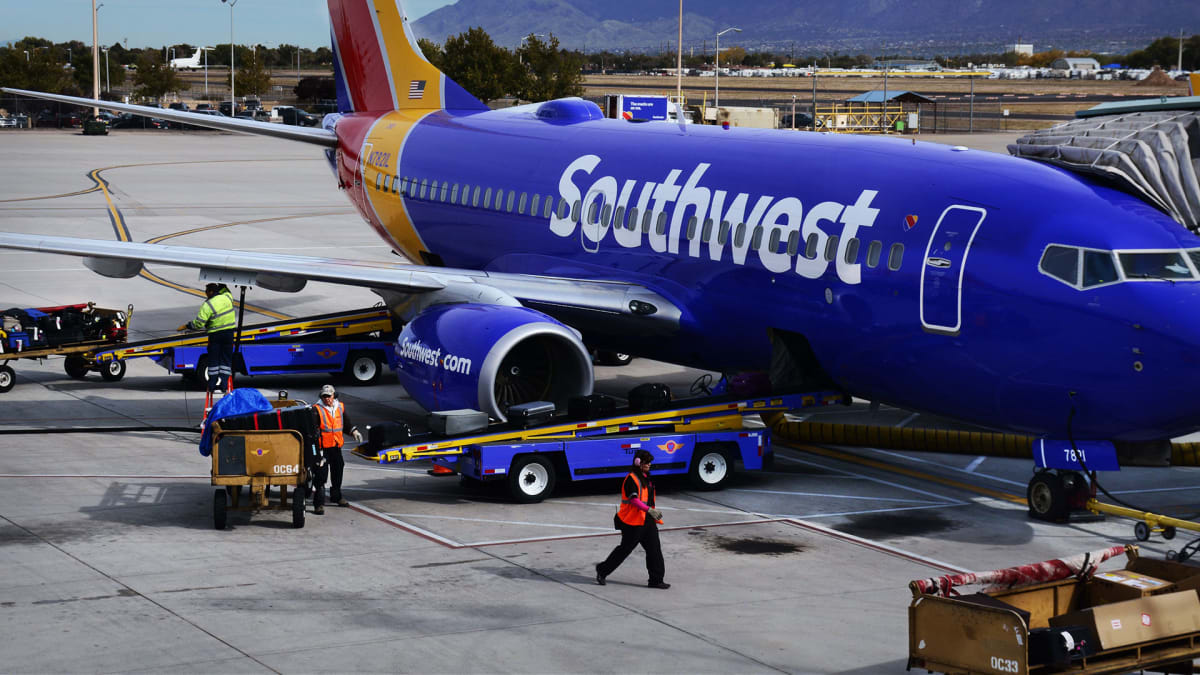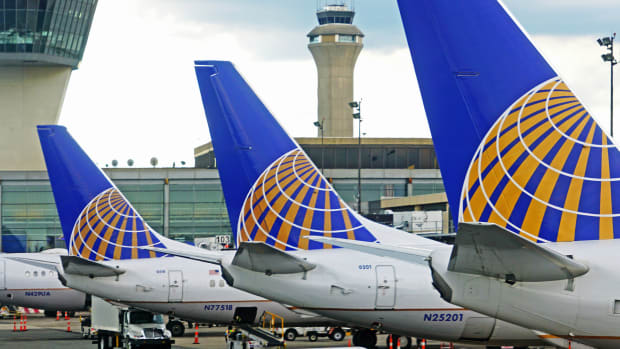
If the government eliminated speed limits, people would get to their destinations faster. They would also have an increased risk of dying in an accident.
"Decades of research and data collection show that higher speed limits do not lead to more accidents. Although they don’t lead to a greater number of accidents they do lead to more severe accidents. Without fail, studies show that as highway speed limits increase highway fatalities increase," wrote Personal Injury Lawyer Jared Staver on his blog.
DON'T MISS: American Airlines Has a Secret Rule Passengers Won't Like
Some people, of course, would accept the added risk in exchange for the added convenience of sometimes getting to their destination faster. Others would prefer even more strict speed limits in order to maximize their own safety.
Government exists to find the acceptable middle. Since there's no way to eliminate all accidents on roads, speed limits are set to try to minimize the number of crashes and their severity. There's no magic formula to it, but there's a reason why speed limits are lower in front of schools (where kids are walking) and higher on roads where the risk to pedestrians is smaller.
When it comes to airplanes, at least the ones flying people, the acceptable safety standards are much higher. While speed limits are basically an acceptance that a certain amount of accidents will happen, the acceptable amount of accidents for airplane travel is zero.
That's why the standard for becoming a commercial pilot has been so high. Now, with airlines including Southwest (LUV), United Airlines, and Delta Air Lines (among others) facing a sever shortage of pilots a Senate committee is divided over whether it should loosen the standards that need to be met to become a commercial pilot.

Image source: Shutterstock
Bill Would Let Pilots Have Fewer In-Air Training Hours
Both the US House of Representative and the US Senate have to reauthorize and fund the Federal Aviation Administration because the previous deal signed in 2018 will expire soon. The House Transportation and Infrastructure Committee passed its version of the bill earlier this month.
The House version of the legislation includes a provision raising the mandatory retirement age for pilots from 65 to 67. That does not seem to be meeting much opposition, but a second change has led to the Senate transportation committee coming to an impasse on the bill.
"The House bill also has a provision that would allow aspiring pilots to obtain up to 250 hours of the flight hours they must accrue in order to fly for a commercial airline on a simulator, up from the current cap of 100 hours," Travel Weekly reported.
In a proposed amendment to the Senate version of the bill, military pilots and pilots being trained in a college setting would need 250 fewer hours of training. The current rules require pilots to fly for 1,500 hours before they can work for a commercial carrier. Military pilots only need 750 hours and pilots in a college program must log 1,250 hours, according to the travel website.
Southwest, United, and Delta Need Pilots
All of the major airlines face increased costs in their next contract with their pilots union due to a shortage of qualified people to fly their pilots. Delta Air Line (DAL) effectively set the new standard for pilot pay with its latest contract that gives its pilots a 34% raise.
United Airlines (UAL) and Southwest Airlines have not worked out new contracts with their pilots.
As you might imagine, the Air Line Pilots Association (ALPA) union, the largest pilot union in the world, has come out against lowering training standards and, perhaps more surprisingly, the increased retirement age.
"The reality is that raising the pilot retirement age will not increase the supply of pilots. In fact, it would displace younger pilots, introduce risk into the aviation system, increase air carrier training costs and further complicate the pilot training backlog," the union shared on its website.
Overall, the ALPA has expressed concerns -- albeit more vaguely -- with the House bill in statement headlined "Air Line Pilots Association Has Serious Concerns About Safety Impacts of House FAA Reauthorization Proposal."
That was followed by a brief statement.
“ALPA continues to review the House Transportation and Infrastructure Committee’s bill, however, we have serious concerns about its commitment to maintaining the highest levels of aviation safety and protecting the rights of pilots,”
The ALPA is also against the Senate amendment which would call for fewer training hours.
"This poison pill amendment undermines the current aviation safety regime that has resulted in the safest period in air travel in history," ALPA president Jason Ambrosi wrote in a June 15 letter, Travel Weekly reported.







